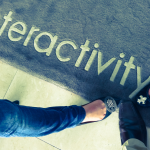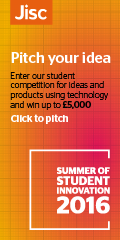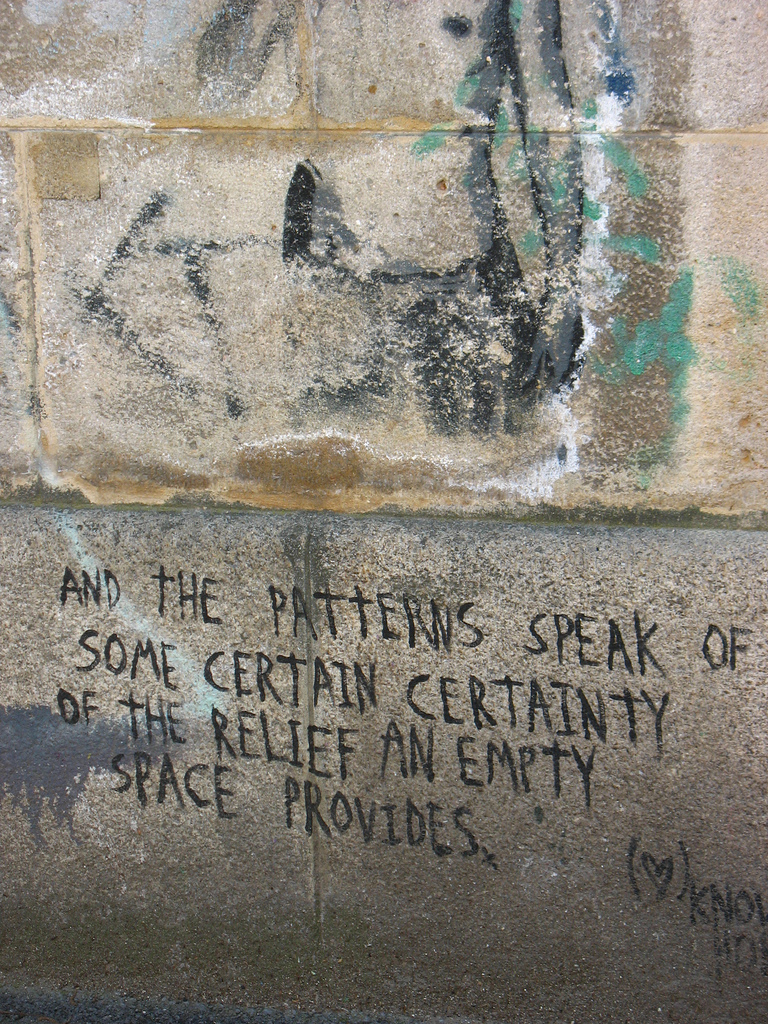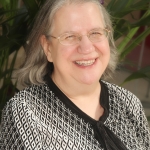Games, revision podcasts and electronic feedback are the main themes of the latest projects funded by an LTI Grant. You can find more information about our funding schemes and other projects in our dedicated pages.
Strand 1: Innovation in Teaching and Learning
 Gustav Meibauer and Andreas Aagaard Nohr, Department of International Relations – Development of PowerPoint-Based Simulation Games for Use in Undergraduate Teaching
Gustav Meibauer and Andreas Aagaard Nohr, Department of International Relations – Development of PowerPoint-Based Simulation Games for Use in Undergraduate Teaching
“This project will design and implement three PowerPoint-based interactive simulations for use in introductory undergraduate classes. Currently available solutions are targeted at course-long activities, at a high cost of time and preparation effort for both teachers and students. Instead, this project explicitly aims at providing a low-cost, easily accessible and class-long interactive experience to students to encourage theoretical linkage with own in-class experience in such issue areas as foreign policy, diplomacy, or great power dynamics. “
Kay Inckle, Department of Sociology – The Game of Research
“The Game of Research is designed for social science students undertaking a final-year qualitative primary research dissertation. In stage one it is a board game similar to Snakes and Ladders but adapted with additional features to make it research-focused and dependent on skill and discernment rather than luck. Through the game students learn the six essential components for a successful qualitative research project: research question, design/proposal, ethical approval, methods/fieldwork, analysis, writing and referencing. The second stage of the game mimics the board game, but takes place in a virtual platform using students’ actual research projects.”
 Olga Sobolev, Language Centre – Language Immersion in a Self-Study Mode: Revision e-Course
Olga Sobolev, Language Centre – Language Immersion in a Self-Study Mode: Revision e-Course
“A new self-study revision e-course, promoting students’ proficiency in spoken and aural Russian through autonomous learning […] This is very much a student-centred initiative:
- The course is geared specifically to the syllabus covered in the Russian Language and Society Course throughout the year.
- It will offer a valuable alternative to teaching contact hours that are not available to students throughout the Easter break, to back up and enhance their revision/preparation for the exams in the ST.”
 Tobias Pester, Department of International History – Sustainable Autorship with Academic Markdown
Tobias Pester, Department of International History – Sustainable Autorship with Academic Markdown
“I am proposing to develop, document, and teach a Workshop for Sustainable Authorship for students of the LSE that familiarizes and equips them with the writing environment of Academic Markdown. […] One, it provides the automatic generation of references and bibliographies. Two, it relies on the single most sustainable file format since the invention of computers: human-readable plain text. Three, it is platform independent: the most basic text editor available on any operating system will do. Four, it does not rely on proprietary software.”
Read Tobias’ post on his experience with Academic Markdown
 Susan Scott, Department of Management – Using Digital Innovation to Curate a Living History of Uber and Uberisation
Susan Scott, Department of Management – Using Digital Innovation to Curate a Living History of Uber and Uberisation
“This project will explore the usefulness of establishing and curating an open access digital ‘living’ archive to support problem-based learning about contemporary topics in global business management particularly (but not only) reconfiguring business models and service innovation. With help from LTI we will create an open access archive populated with a selection of material to date about the American international transportation network company Uber and the phenomenon known as “Uberization” ”
Strand 2: e-Assessment
Edgar Whitley, Department of Management – Using Mahara: Blogging, Peer Review and 
Feedback
“The aim of the project is to assess the suitability of the Mahara platform as a means of student assessment, feedback and peer review for courses within the School.”
Strand 3: Students as Producers
 Jennifer Jackson-Preece, European Institute – Narrating the Death (and Life?) of Multiculturalism
Jennifer Jackson-Preece, European Institute – Narrating the Death (and Life?) of Multiculturalism
“EU 458 Identity, Community & the ‘Problem’ of Minorities ends with a student debate on the ‘Death of Multiculturalism’. Instead of group presentations, the initiative would ask students to work in small groups (3-4) over a 2-3 week period to produce a short (5 minute) film narrating their take on this theme. The films would be screened in LT week 11, and a general debate / discussion would follow on from them.”





 Gustav Meibauer and Andreas Aagaard Nohr, Department of International Relations – Development of PowerPoint-Based Simulation Games for Use in Undergraduate Teaching
Gustav Meibauer and Andreas Aagaard Nohr, Department of International Relations – Development of PowerPoint-Based Simulation Games for Use in Undergraduate Teaching
 Olga Sobolev, Language Centre – Language Immersion in a Self-Study Mode: Revision e-Course
Olga Sobolev, Language Centre – Language Immersion in a Self-Study Mode: Revision e-Course Tobias Pester, Department of International History – Sustainable Autorship with Academic Markdown
Tobias Pester, Department of International History – Sustainable Autorship with Academic Markdown Susan Scott, Department of Management – Using Digital Innovation to Curate a Living History of Uber and Uberisation
Susan Scott, Department of Management – Using Digital Innovation to Curate a Living History of Uber and Uberisation
 Jennifer Jackson-Preece, European Institute – Narrating the Death (and Life?) of Multiculturalism
Jennifer Jackson-Preece, European Institute – Narrating the Death (and Life?) of Multiculturalism











